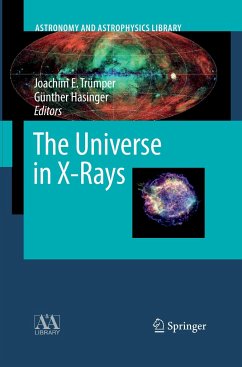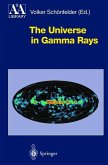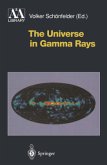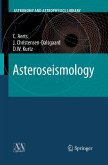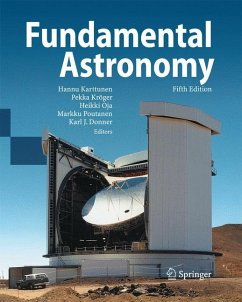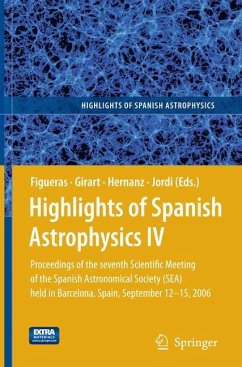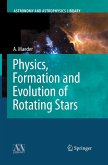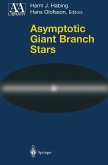In the last 45 years, X-ray astronomy has become an integral part of modern astrophysics and cosmology. There is a wide range of astrophysical objects and phenomena, where X-rays provide crucial diagnostics. In particular they are well suited to study hot plasmas and matter under extreme physical conditions in compact objects. This book summarizes the present status of X-ray astronomy in terms of observational results and their astrophysical interpretation. It is written for students, astrophysicists as well a growing community of physicists interested in the field. An introduction including historical material is followed by chapters on X-ray astronomical instrumentation. The next two parts summarize in 17 chapters the present knowledge on various classes of X-ray sources in the galactic and extragalactic realm. While the X-ray astronomical highlights discussed in this book are mainly based on results from ROSAT, ASCA, RXTE, BeppoSAX, Chandra and XMM-Newton, a final chapter provides an outlook on observational capabilities and projects discussed for the future.
Aus den Rezensionen: "Ein gutes und gleichzeitig umfassendes Buch über Röntgenastronomie zu finden ist schwer, ein aktuelles Lehrbuch gar unmöglich. Jeder, der Röntgenastronomie lehrt, steht daher vor der Aufgabe, selbst ein Skript zu erstellen. ... Ausführlich werden Sterne und Supernovae diskutiert. ... Abbildungen der zahlreichen Spektren und Lichtkurven sind vielfach gut reproduziert ... Jedes Kapitel ist für sich selbst umfassend und lesenswert. ... ein Kompendium für den lehrenden Wissenschaftler, Einführungslektüre für junge Forscher oder für fachangrenzende Wissenschaftler ..." (Jürgen Kerp, in: Physik Journal, January/2010, Vol. 9, Issue 1, S. 69)

